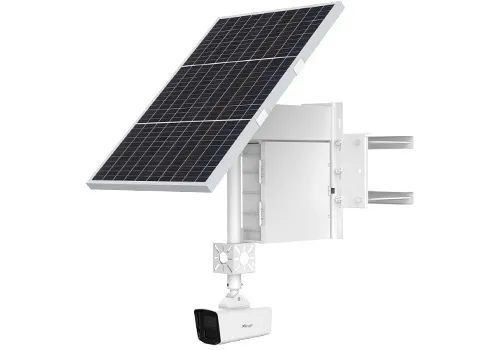Radix Traffic will be featuring at Intertraffic Amsterdam its wired magnetometer sensors, over 500 of which have been installed in the UK to provide accurate vehicle detection. Unlike conventional inductive loops, the sensors can be installed around 50cm below the road surface where they are protected from damage caused by bad weather and heavy traffic. Radix claims that once a sensor is installed it will continue to detect during its 15-year design life with no maintenance required.
Radix says installat
February 8, 2016
Read time: 2 mins
Radix says installation is quick and simple and with no slot cutting involved, lane closure and traffic management is not normally required. For a growing number of access control and parking applications, the sensors are also being mounted either above or adjacent to entrance and exit ramps, delivering reliability and through-life cost benefits to car park operators and site owners.
As the company points out, being wired, this technology does not need regular battery replacement or costly wireless repeaters, and is rapidly becoming the detector of choice in countries as far apart as the UK and Australia.










